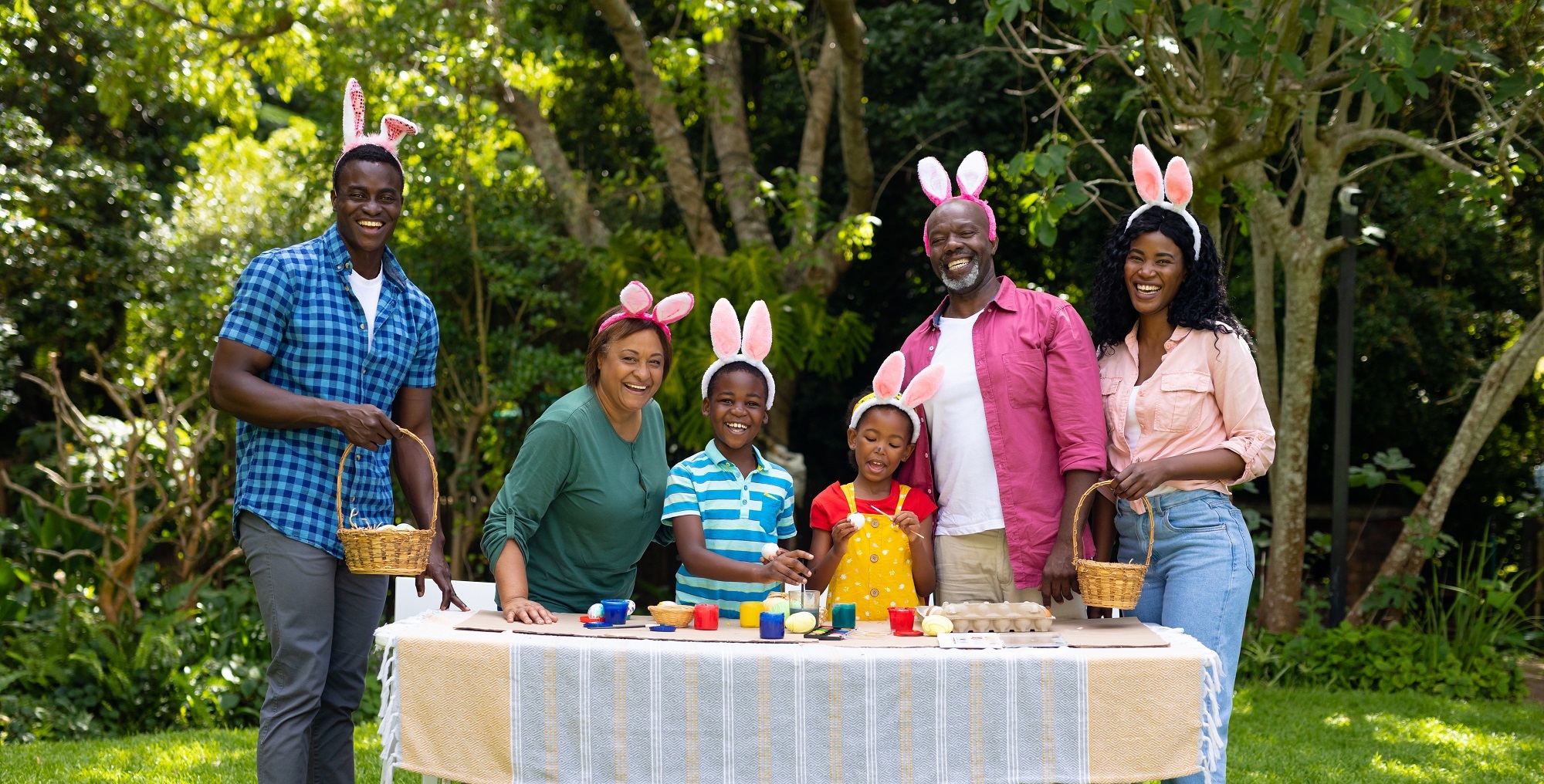DISINHERITED AND REJECTED! Widow’s battle to reclaim inheritance
Every time Maureen Atieno Wanjaro, 31, calls to mind the events that took place on February 7, 2007,


Every time Maureen Atieno Wanjaro, 31, calls to mind the events that took place on February 7, 2007, her heart dampens. On this particular day, she lost the love of her life, George Wanjaro, a popular Kikuyu musician-cum-teacher. With her husband and pillar gone, her life took a turn for the worse. She narrates her journey in search of peace and justice in the corridors of power to HENRY KAHARA.
Maureen Atieno Wanjaro has passed through fire and fought one battle after another in her young life. Basically, her life story reads like a movie script with her troubles beginning when her husband breathed his last. To date, she is skeptical whether the episodes, which followed after her husband’s death, will ever fade from her memory.
Maureen was happily married to a popular Kikuyu secular musician-cum-high school teacher, the late George Wanjaro. “George and I were deeply in love and he meant the world to me,” she says adding that their love blossomed in a classroom.
After graduating from university in 2001, George landed a job at Kandika Secondary School in South Nyanza. It would be here that he would meet the love of his life, Maureen. When Maureen joined the school for her secondary education, all she had in mind was education. As fate would have it, George was assigned as a class teacher in Maureen’s class. Maureen was the class prefect and this meant that they would be in constant communication. Within no time, a bond formed between them and she admits they got attracted to one another. In complete disregard of the law, George and Maureen began an illicit affair.
“I fell pregnant with his child in form one and he took full responsibility for it, even went ahead to marry me. He also took me to a beauty college where I was equipped with hairdressing skills,” Maureen says as a matter-of-fact, oblivious of the impropriety of a student-teacher affair.
Maureen’s parents and the school fraternity turned a blind eye to the incident and no storm was raised. In addition, George taking responsibility of the pregnancy and taking Maureen as his wife might have helped cool matters. Maureen describes her marriage as happy and says she has no regrets whatsoever about marrying George and the circumstances that led to the marriage, so to speak. Their love transcended their cultural and academic differences. The couple moved to Murang’a County when George got a transfer to Gaichanjiru High School in 2005.
The marriage was short-lived as George’s life came to an abrupt end on February 7, 2007, after complaining of a severe headache for a week. “When George first fell sick, I took him to Gaichanjiru Health Centre where he was given some medication. We went back home but the headache persisted. He was then admitted at Bishop Okoye Hospital in Thika for four days after which he was discharged. But it seems he hadn’t fully recovered and when he became worse, we sought treatment at Murang’a District Hospital where he died while receiving treatment,” says a solemn Maureen.
George’s death left a gaping hole in Maureen’s life and she says she has neither known joy nor peace ever since. Her husband’s family used the fact that George and Maureen were not legally married to disown and disinherit her. To add salt to injury, they accused her of killing George. Things moved from bad to worse when they alienated her from his burial arrangements. These were signs that a storm was brewing and she knew it was better to prepare for it.
“It took George’s friend intervention for me to be allowed to attend my husband’s burial ceremony. After burial, they took everything my husband and I owned including a beauty shop in Kenol Murang’a County, which was my livelihood, claiming it belonged to George. I was left desolate with my son and stepson who George had sired before we got married,” says Maureen.
She is grateful to Mr Kagema Kibue, who was the then principal at Gaichanjiru High School where her husband worked, as he allowed her to mourn George and live in the staff quarters for at least three months before she could find her footing. So harsh was life for Maureen after losing her husband and property that at one time, she sought accommodation from her former employee at the beauty shop she previously managed in Kenol.
At her parent’s home in Migori, things were not any different, as her parents had disowned her after defying the burial cultural practices, which she found disrespectful. “According to Luo traditions, if a married man dies, his wife must have sex with another man prior to the burial as a cleansing ritual. I begged to be excused from the practice and this created hostility between my family and I, hence widening the already existing gap. I was not welcome in my parent’s home,” she explains.
Finding justice and picking up the pieces…
By sheer luck, in 2009, Maureen met Lucy Nyambura; a Good Samaritan who introduced her to the Federation of Women Lawyers (FIDA), a non-governmental organisation whose aim is to improve the legal standing of women in Kenya. The organisation would attach her to a family law lawyer at Kang’ethe Waitere Advocates, who represented her legally on pro bono basis (free of charge) and helped her win an appeal to inherit all the property she co-owned with her husband.
In 2015, Maureen inherited everything that she and her late husband owned and is receiving revenues in form of royalties from George’s music. Previously, she had suffered loss when she took some of the songs George had written to a popular Kikuyu musician only for him to sell them without her consent. She was shocked to hear the songs on radio without a word from the producer.
Maureen has now ventured into music and she says her songs are being well received by Kikuyu radio stations and TV. She has released an album, Kiririkano kia Wanjaro (Wanjaro’s remembrance), in memory of her late husband. She has also written a Kikuyu comedy Thina Ni Umagwao (Poverty has its end). Although she can communicate in Dholuo, she feels comfortable recording her music in Kikuyu.
Her eyes are now set on seeing her son get a good education having sat the Kenya Certificate of Primary Education last year and performing quite well. “I am hopeful that he will one day fit into his father’s shoes. When I look at him, I always see another George,” she says adding that she has forgiven her aggressors.
She is calling out to her husband’s friends and fans to support her music career to enable her educate her son. She would also like to regain custody of her stepson, who was taken by her in-laws after completing his primary education in 2011 and is now out of school.
What the law says about inheritance and matrimonial property
The Kenyan law recognises that each party in a marriage has an equal right to the assets of the marriage. Karen Kang’ethe, a lawyer, says the law stipulates that where a spouse dies without a will, after all debts and liabilities have been paid, the properties should be dealt with as follows:
• If a spouse and children survive the deceased, then the surviving spouse inherits all the deceased’s personal effects such as clothing and housing effects and can deal with them as they wish. However, for the rest of the property including land, businesses and vehicles, the surviving spouse inherits them temporarily and cannot sell or dispose of such property without the consent of the children or
the court. These properties will go to the children in equal shares upon the death of the surviving spouse or upon remarriage of the surviving spouse if the surviving spouse is the widow. The surviving spouse is therefore seen to hold the property in trust for the children.
• If the deceased does not leave a surviving spouse but is survived by children only, then the children equally inherit all his or her property permanently.
• If the deceased leaves no spouse or children, then his/her parents inherit their property. If the parents are dead, the property is inherited by his brothers and sisters; if dead, by nieces and nephews; if none, by stepbrothers and stepsisters or their children, if none; other relatives who are in the nearest order of consanguinity.
• In polygamous homes, the property is divided among the houses taking into account the number of children in each house.
Published March 2016





